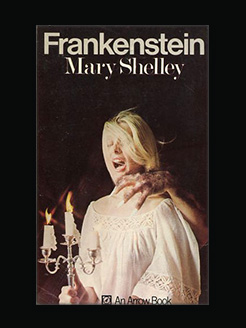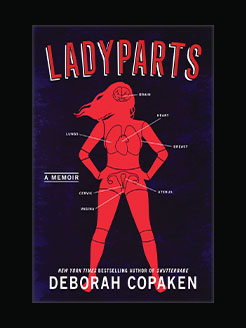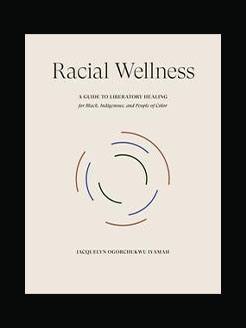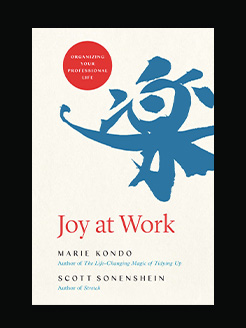Published in 2021
400 pages
Amy Sohn is the author of several novels, including Prospect Park West and Motherland. A former columnist at New York magazine, she has also written for Harper’s Bazaar, Elle, The Nation, and The New York Times. She has been a writing fellow at Headlands Center for the Arts, Art Omi, and the Studios at MASS MoCA. A native New Yorker, she lives in Brooklyn with her daughter.
What is this book about?
“Fascinating . . . Purity is in the mind of the beholder, but beware the man who vows to protect yours.” ―Margaret Talbot, The New Yorker
Author Amy Sohn presents a narrative history of Anthony Comstock, anti-vice activist and U.S. Postal Inspector, and the remarkable women who opposed his war on women’s rights at the turn of the twentieth century.
Anthony Comstock, special agent to the Post Office, was one of the most important men in the lives of nineteenth-century women. His eponymous law, passed in 1873, penalized the mailing of contraception and obscenity with harsh sentences and steep fines; his name was soon equated with repression and prudery.
Between 1873 and the ratification of the nineteenth amendment in 1920, eight remarkable women were tried under the Comstock Law. These “sex radicals” supported contraception, sexual education, gender equality, and a woman’s right to sexual pleasure. They took on Comstock in explicit, bold, personal writing, seeking to redefine work, family, sex, and love for a new era.
The Man Who Hated Women tells the overlooked story of their valiant attempts to fight Comstock in court and the press. They were publishers, editors, and doctors, including the first woman presidential candidate, Victoria C. Woodhull; the birth control activist Margaret Sanger; and the anarchist Emma Goldman. In their willingness to go against a monomaniac who viewed reproductive rights as a threat to the American family, they paved the way for modern-day feminism. Risking imprisonment and death, they redefined contraceptive access as a human civil liberty.







